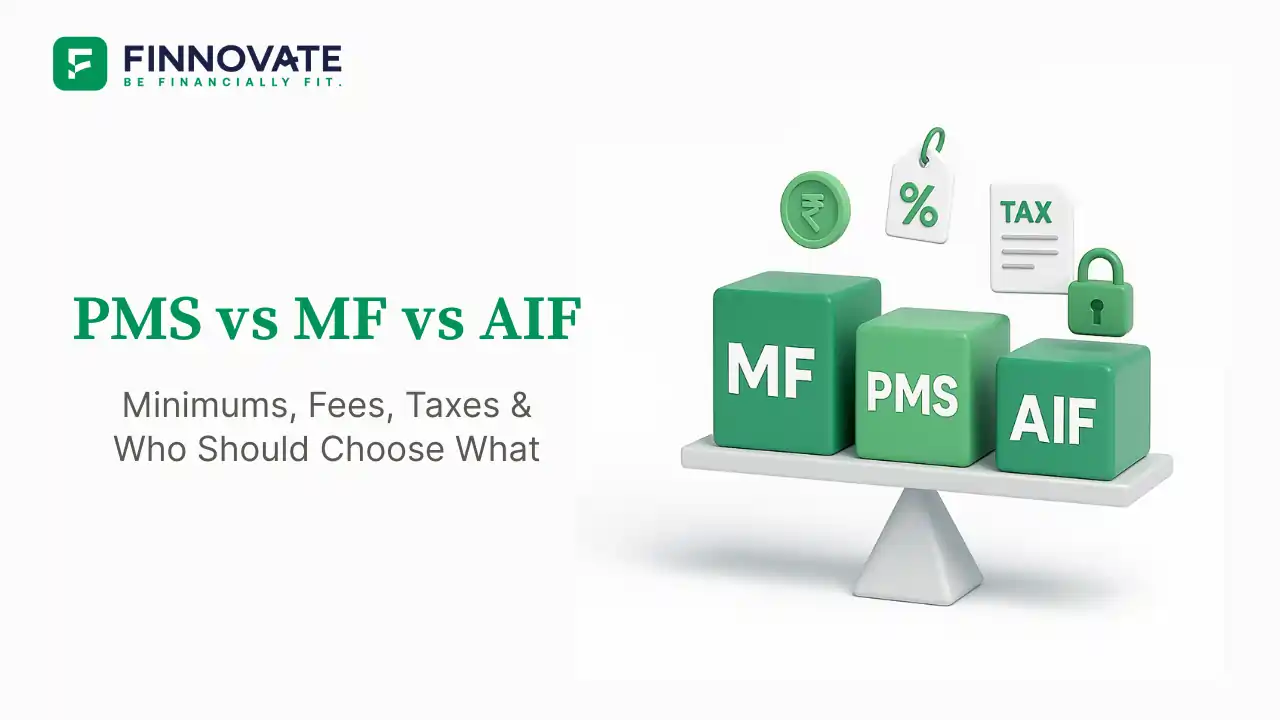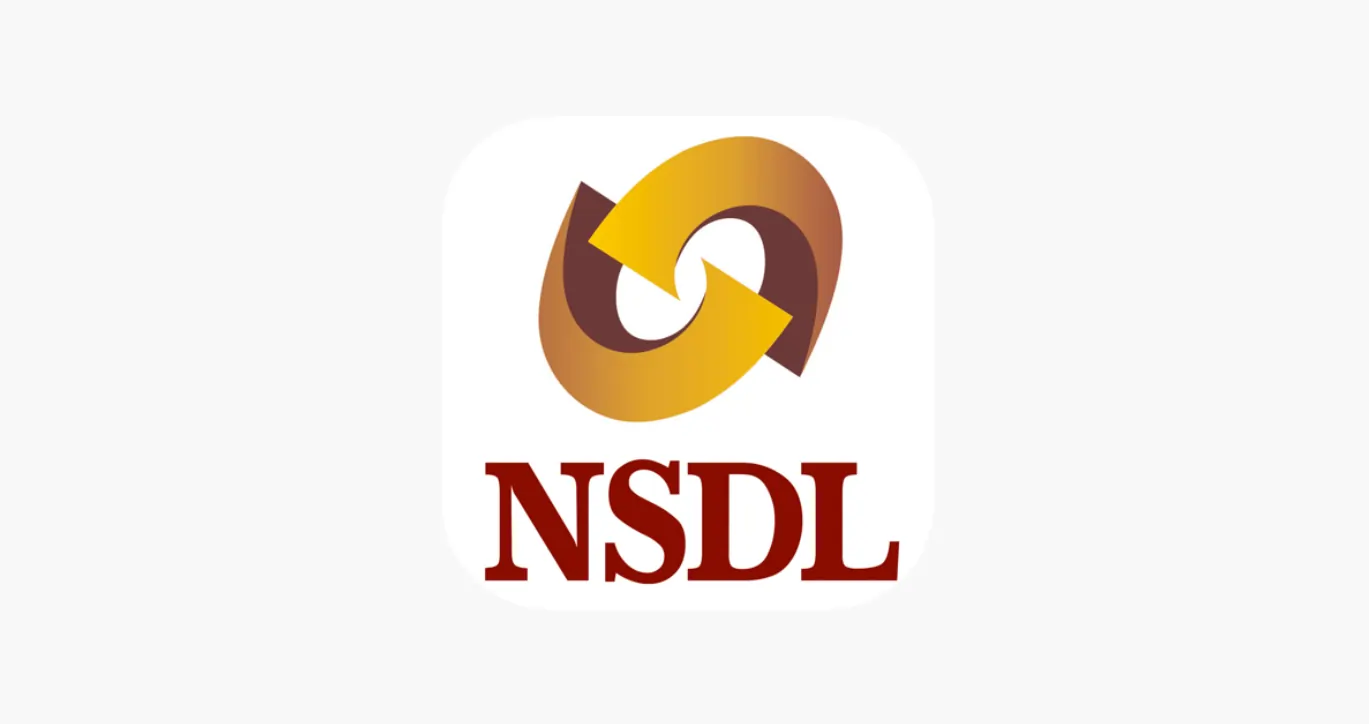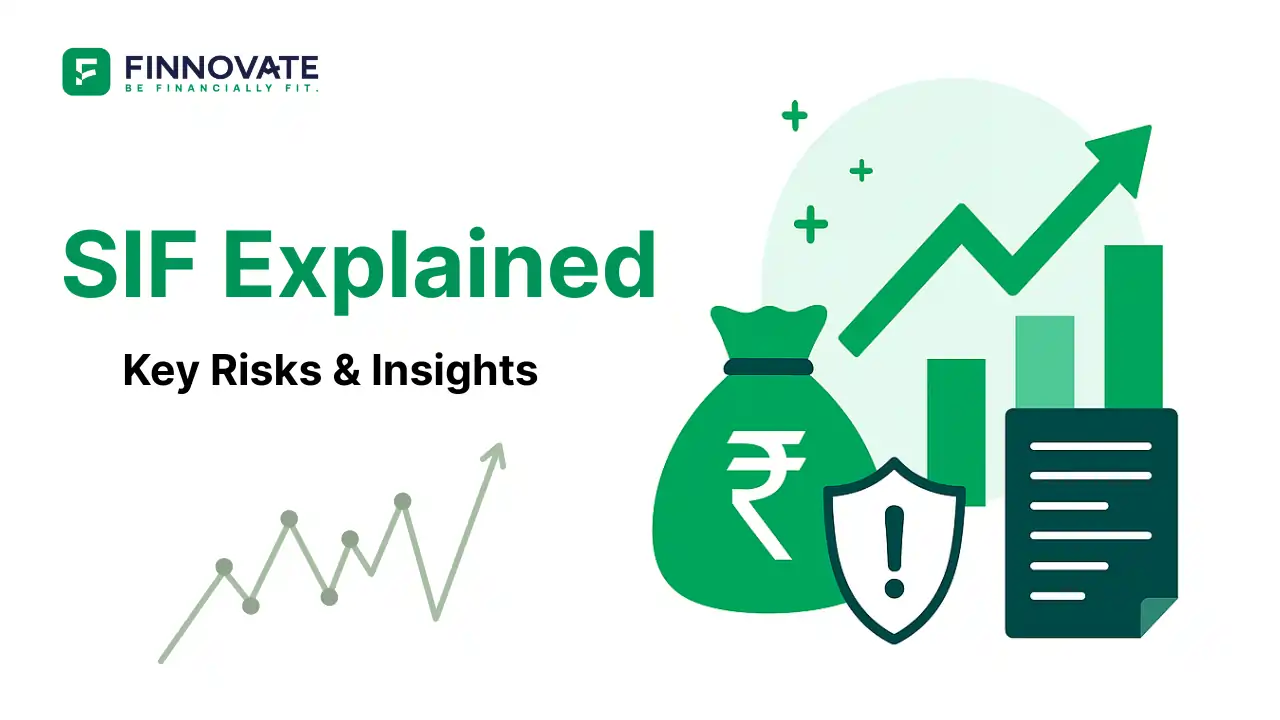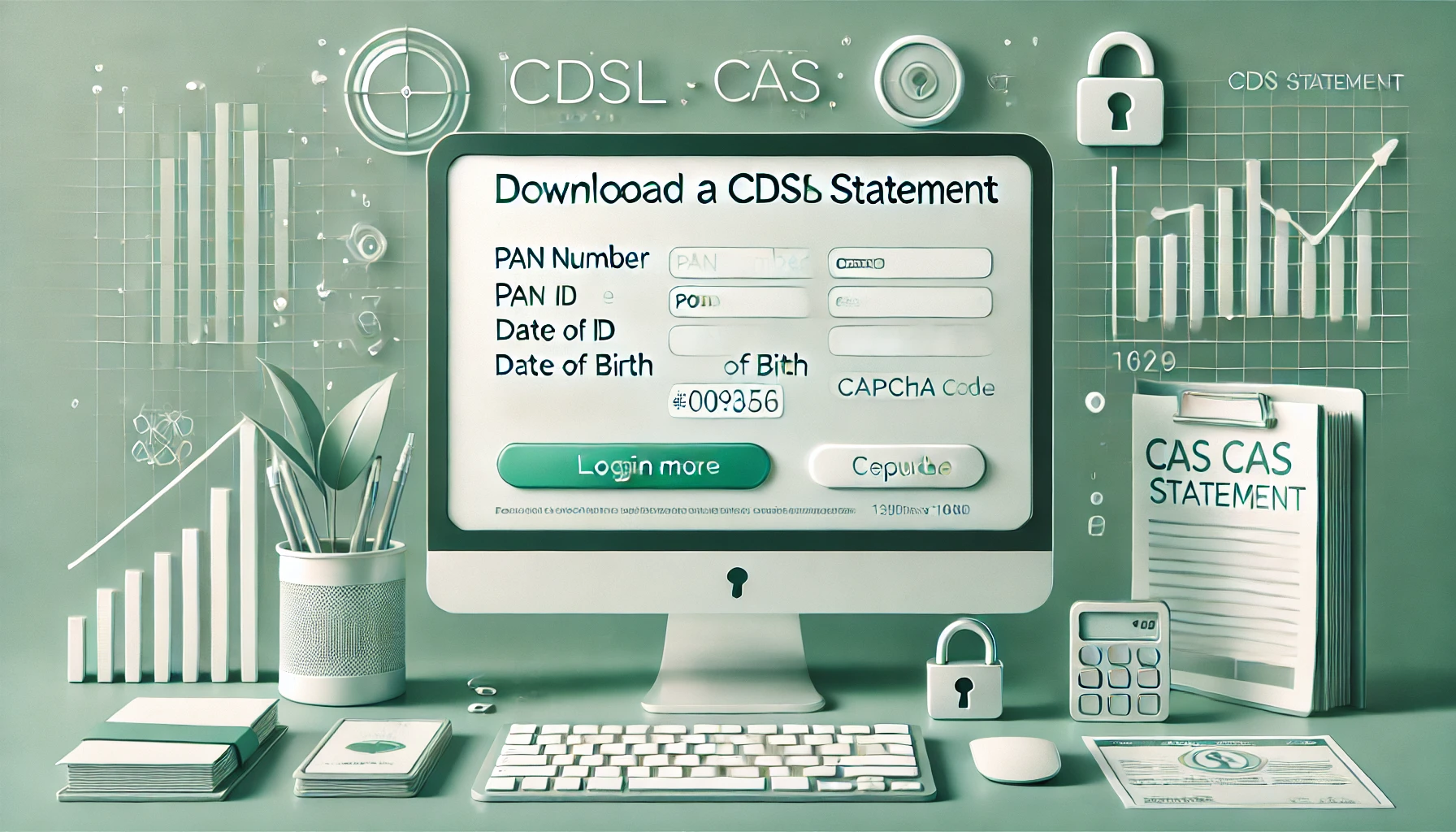DIY vs. Professional Wealth Management: Which Path Should You Take?
Wealth management is the process of overseeing and organizing an individual's or family's financial portfolio. It includes investments, savings, insurance, retirement planning, and more. Traditionally, wealth management was the domain of financial experts, but with advances in technology and a growing interest in personal finance, more individuals are opting to manage their wealth themselves.
But how do you choose between managing your wealth on your own (DIY) or hiring a professional to guide you? Both options come with distinct advantages and challenges. In this article, we’ll explore both DIY and professional wealth management approaches, helping you determine which is best suited to your financial goals.
What is DIY Wealth Management?
DIY wealth management refers to individuals managing their own finances without the assistance of a professional advisor. It involves making investment decisions, creating a savings plan, and managing risks independently. Many people are turning to DIY wealth management, thanks to accessible online tools and platforms that allow for easy tracking and managing of their portfolios.
Popular Tools for DIY Wealth Management
- Online Investment Platforms: Robo-advisors and investment platforms such as Zerodha, Groww, or Robinhood allow individuals to buy stocks, bonds, and other investment products with minimal fees.
- Index Funds and Mutual Funds: Many investors opt for low-cost mutual funds and index funds to build diversified portfolios.
- Budgeting Apps: Tools like Mint and YNAB (You Need A Budget) help individuals manage their finances, track expenses, and set savings goals.
- Personal Finance Blogs and YouTube Channels: Individuals can learn investment strategies and personal finance management from various free online resources.
Pros of DIY Wealth Management
- Full Control: DIY investors have complete control over their financial decisions, from choosing investments to managing asset allocation. This can feel empowering for those who enjoy learning and making their own decisions.
- Lower Costs: By avoiding financial advisory fees and commissions, DIY wealth management can be a more cost-effective option.
- Flexibility: With DIY management, investors can adapt their portfolios and strategies in real-time, reacting to market changes as they see fit.
Cons of DIY Wealth Management
- Time-Consuming: Managing your own investments requires continuous research, market monitoring, and portfolio rebalancing. For busy professionals, this can be time-intensive.
- Risk of Mistakes: Without expert knowledge, DIY investors may make poor investment decisions or overlook critical aspects of wealth management, such as tax optimization.
- Lack of Expertise: While DIY investors can access a wealth of information online, they may miss out on insights or strategies that professionals offer, which could be crucial for achieving their financial goals.
What is Professional Wealth Management?
Professional wealth management, on the other hand, involves working with an expert such as a certified financial planner (CFP), wealth manager, or portfolio manager - to manage one’s finances. These professionals offer services that cover the full spectrum of wealth management, including investment advice, retirement planning, tax strategies, estate planning, and more.
Types of Professionals in Wealth Management
- Certified Financial Planners (CFPs): CFPs are professionals who specialize in comprehensive financial planning. They help clients organize their finances, plan for retirement, and ensure they meet their financial goals.
- Portfolio Managers: These professionals focus on managing investment portfolios. They ensure that clients’ investments align with their risk tolerance and financial goals.
- Wealth Advisors: Wealth advisors often work with high-net-worth individuals to provide holistic financial advice, including estate planning, tax management, and asset protection strategies.
Services Offered by Professional Wealth Managers
- Investment Management: Professional wealth managers develop tailored investment strategies, balancing risk and reward to suit their clients’ objectives.
- Tax and Retirement Planning: Wealth managers often create tax-efficient strategies, optimizing retirement savings and ensuring clients don’t overpay on taxes.
- Estate Planning: For clients with significant assets, wealth managers assist in structuring estate plans to ensure smooth asset transfer to heirs and minimize estate taxes.
- Risk Management: A wealth manager assesses the client’s financial risks and recommends insurance policies, diversification, and other strategies to mitigate those risks.
Pros of Professional Wealth Management
- Expert Guidance: Wealth managers provide expert advice based on years of experience and knowledge of financial markets, tax laws, and investment products.
- Comprehensive Services: Wealth managers offer a wide range of services, from retirement planning to estate management, helping individuals navigate the complexities of their financial lives.
- Access to Exclusive Investment Opportunities: Many wealth management firms offer access to private investment opportunities or funds that are not available to DIY investors, potentially offering higher returns.
Cons of Professional Wealth Management
- Higher Costs: Professional wealth management services come at a price, typically a percentage of assets under management (AUM) or a flat fee. These fees can add up over time, particularly for smaller portfolios.
- Potential Conflicts of Interest: Some wealth managers may be incentivized to recommend certain products or services that may not always align with the client’s best interests, depending on the fee structure.
- Less Control: Hiring a professional means giving up some control over investment decisions, which may not be ideal for those who prefer hands-on management.
Key Differences Between DIY and Professional Wealth Management
When deciding between DIY and professional wealth management, it’s important to evaluate several factors that will influence your decision.
1. Control and Flexibility
DIY: With DIY wealth management, you maintain full control over your financial decisions, including choosing investments, adjusting strategies, and timing purchases or sales.
Professional: Professional wealth management offers expert guidance, but you relinquish some control, trusting your advisor to make decisions on your behalf.
2. Expertise and Knowledge
DIY: DIY investors rely on their own research and resources, which can be rewarding but also risky if they lack financial expertise.
Professional: Wealth managers bring extensive knowledge and experience, offering a deeper understanding of market trends, tax laws, and complex financial strategies.
3. Time Commitment
DIY: Managing your own wealth requires regular attention to monitor investments, track expenses, and stay informed about market changes.
Professional: Professional wealth managers handle the day-to-day financial decisions, saving you time and effort while still aiming for optimal financial outcomes.
4. Cost Considerations
DIY: DIY wealth management is generally cheaper, as you avoid management fees and commissions.
Professional: Professional wealth management comes with a price tag, typically in the form of asset management fees or hourly consultation rates. However, the fees may be justified by the expertise and comprehensive services provided.
5. Risk Management
DIY: While DIY investors can take proactive steps to manage risk, they may miss important nuances or make decisions based on limited information.
Professional: Wealth managers use advanced risk management techniques, ensuring that clients’ investments are diversified and protected from significant market fluctuations.
Who Should Consider DIY Wealth Management?
DIY wealth management may be a good fit for individuals who are:
- Tech-Savvy and Comfortable with Online Tools: If you’re familiar with financial apps, robo-advisors, and online platforms, managing your own wealth can be a straightforward process.
- Experienced or Interested in Learning: If you have a strong grasp of personal finance, investing, and financial strategies, DIY wealth management can be a great way to take control of your financial future.
- Have Simple Financial Needs: If you’re just starting out or have basic financial goals (e.g., building an emergency fund, investing for retirement), DIY options may be sufficient without the need for professional services.
DIY wealth management is particularly appealing for those who want to save on fees and enjoy the autonomy of managing their investments independently. If you’re willing to dedicate time to learning and managing your financial future, this can be an empowering option.
Who Should Consider Professional Wealth Management?
Professional wealth management is well-suited for individuals who:
- Have Complex Financial Needs: If your financial situation involves multiple income streams, real estate investments, business ownership, or high-net-worth assets, a wealth manager can provide strategic advice on managing these complexities. This includes optimizing tax strategies, estate planning, and succession planning.
- Seek Expert Guidance: If you're unsure about market trends, investment options, or retirement planning, a professional can offer tailored advice based on years of experience and knowledge of the financial landscape.
- Value Time and Convenience: Wealth management can be time-consuming, especially when managing diverse investment vehicles. Professional wealth managers take care of the heavy lifting, leaving you with more time to focus on your career, family, and other priorities.
- Desire a Long-Term Strategy: Wealth managers can help design a long-term plan for wealth accumulation and preservation, providing a roadmap for financial success that accounts for changing life circumstances, tax laws, and market dynamics.
What You Get with Professional Wealth Management:
- Comprehensive Financial Planning: Wealth managers look at your entire financial picture and build strategies tailored to your specific goals, ensuring a holistic approach to wealth management.
- Access to Exclusive Opportunities: With professional wealth management, you may gain access to institutional-grade investment opportunities, such as private equity, hedge funds, or specialized asset classes that are not typically available to the general public.
- Tax Efficiency: Wealth managers are experts in minimizing your tax liability. They understand how to structure your assets and investments in a way that reduces taxes and maximizes returns.
- Estate Planning and Legacy Building: If you have significant wealth, wealth managers help you plan for the future, ensuring that your assets are transferred according to your wishes, while minimizing estate taxes and complications for heirs.
While professional wealth management may be a higher-cost option, it offers significant value for those who need complex, expert advice, or have substantial assets to manage.
Hybrid Approach: Combining DIY and Professional Wealth Management
For some individuals, a hybrid approach may be the best solution. This means leveraging DIY tools for certain aspects of financial management while seeking professional guidance for more complex matters.
Examples of Hybrid Wealth Management:
- Retirement Savings and Emergency Funds: You might choose to manage your retirement savings and emergency fund on your own, using low-cost, diversified index funds or a robo-advisor. These are relatively simple and don’t require ongoing professional input.
- Tax Planning and Estate Management: When it comes to tax strategies or creating an estate plan, a wealth manager could offer crucial expertise that DIY investors would struggle to manage effectively on their own.
- Investment in Specialized Assets: While you may feel comfortable investing in stocks, bonds, or mutual funds on your own, a wealth manager can assist with alternative investments like real estate, commodities, or international equities, ensuring your portfolio is fully diversified and optimized.
Why a Hybrid Approach Works:
- Cost Efficiency: By only hiring a professional for the more complex areas, you can minimize fees while still gaining expert guidance where it’s most needed.
- More Control with Flexibility: You retain control over the investments or financial areas that you feel comfortable with, while having peace of mind that an expert is handling the parts of your financial life that require specialized knowledge.
Scenario:
Imagine a young doctor who is beginning to invest for retirement using a low-cost robo-advisor and an online platform. However, as their wealth grows and they inherit a sizable estate, they may want to seek a professional wealth manager for comprehensive tax and estate planning. This hybrid approach allows the individual to manage their investments independently at the start, then seamlessly incorporate professional help when their financial situation becomes more intricate.
Conclusion
When deciding between DIY and professional wealth management, the best choice depends on your financial needs, preferences, and resources. DIY wealth management offers full control, lower costs, and flexibility, but it requires time, effort, and a certain level of financial expertise. On the other hand, professional wealth management provides expert guidance, comprehensive planning, and access to exclusive opportunities, though it comes with higher costs and less control over your finances.
For some individuals, a hybrid approach, combining both DIY and professional advice, might be the best of both worlds - offering the flexibility of managing simple aspects of wealth on your own while ensuring professional support for the more complex financial decisions.
Actionable Advice:
- Assess your financial goals and complexity: If you’re just starting out, DIY might be the way to go, but as your wealth grows, consider professional assistance.
- Take the first step by researching investment tools or financial planners that align with your financial goals.
- No matter which path you choose, remember that the key to wealth management is consistent, long-term planning.
At the end of the day, whether you choose to go the DIY route, hire a professional, or combine both, the most important thing is to take control of your financial future and make informed, educated decisions that will set you up for long-term success.
Disclaimer: The information provided in this article is for educational purposes only and should not be considered as financial advice. Please consult a certified financial planner or wealth management professional before making any financial decisions.




